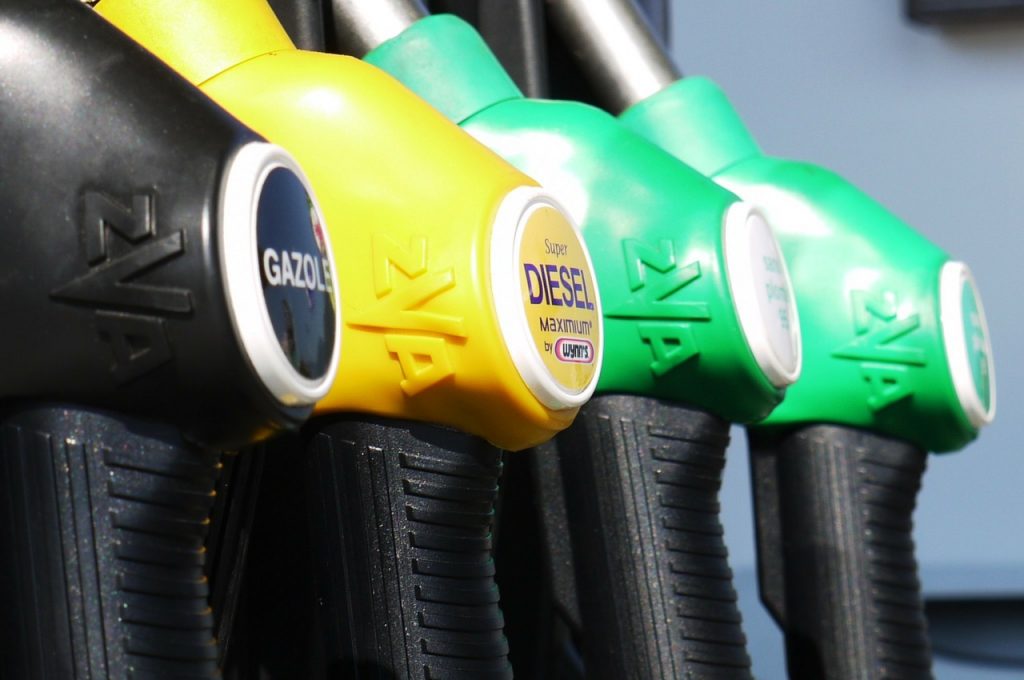Why High Gas Prices Could Be A Good Thing
High gases prices are unpleasant for everyone, however, there could be a silver lining to the whole situation.
This article is more than 2 years old

High gas prices are a horrible result of price gouging, as well as factors such as supply chain interruptions, heightened demand, and the war in Ukraine. But, could the insurmountable acceleration of fuel costs force more people to go green? Could the insufficiency of gasoline make consumers switch their practices towards electric vehicles and sustainable energy? As oil costs continue to rise, consumers and companies alike are figuring out how to be more economical with their dollars.
Due to an amalgamation of geopolitical issues, food, fuel, and transportation prices have reached unfathomable heights. High gas prices have informed the rising costs of wheat and fertilizer, all integral products to keep food growing and exported worldwide. As gas companies continue to price gouge in a time when food is more expensive than ever, Americans and citizens of the world face an economic crisis of massive proportions. If high gas prices continue to climb, something will have to shift economically so people can afford their necessities.
Some companies are looking to greener energy as an alternative to crude oil. Political groups and nations are calling on massive corporations to switch their practices to clean energy sources. By enacting policy, companies could be saving exorbitant amounts of money as high gas prices escalate endlessly. In November 2021, government representatives at a Glasgow climate conference pledged to implement carbon taxes on companies. This would hopefully switch corporations’ energy sources and reverse the state of climate change. But governments worldwide have had trouble subsidizing new environmentally-friendly strategies as electricity and gas costs have escalated.
High gas prices could push people into finding greener, less expensive alternatives for their day-to-day lives. It’s a frustrating tug-of-war between consumers and businesses because corporations want to see heightened demand for greener energy before investing in it. But average-income consumers won’t purchase something like an electric vehicle until it’s reasonably priced. Without the government subsidizing greener energy companies, environmentally-friendly alternatives won’t be accessible to the standard American. Keeping gas prices high could incentivize people to switch to greener appliances and cars, but that would only work for a small demographic.
Unrealistic fuel prices haven’t existed without backlash. Since 2005, over 41 countries have had at least one gas-related riot that revolved around fuel inaccessibility. In 2019, massive protests sprung out due to high gas prices in Sudan, France, Zimbabwe, Haiti, Iraq, Chile, and Iran. If this happened before the pandemic’s excruciating gas-price boost, then nations can only expect more riots in the future. Subsidizing fuel and clean energy so that citizens can afford necessities is one of the only ways to limit worldwide protests.
Some believe that maintaining high gas prices could be good for a nation. This would only work if fuel companies had proper taxation on their businesses. If consumers know that companies are making enormous profits from their price gouging, protests and riots would be inevitable. Extended taxation for fuel companies could also limit their expansion and create more opportunities for clean-energy businesses. But in a country like America with ample lobbyists to protect Big Oil, implementing proper taxes on fuel corporations is incredibly difficult and infrequent.



